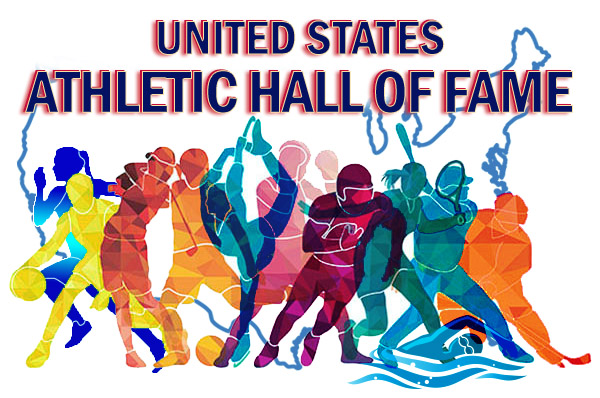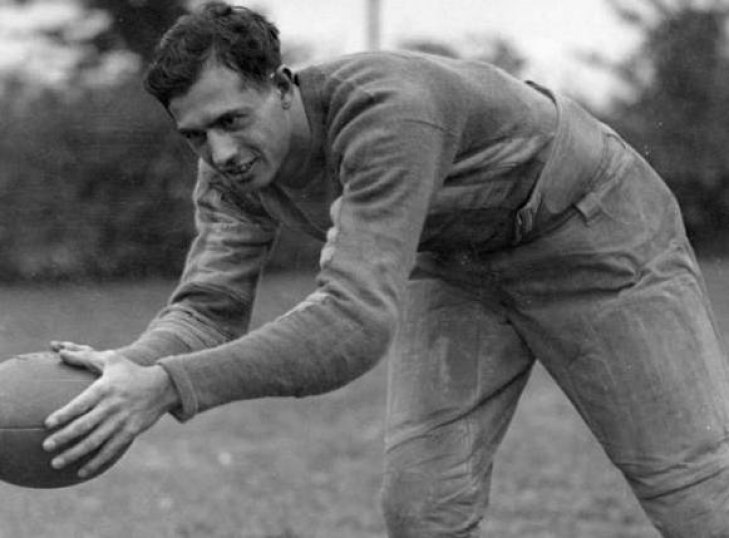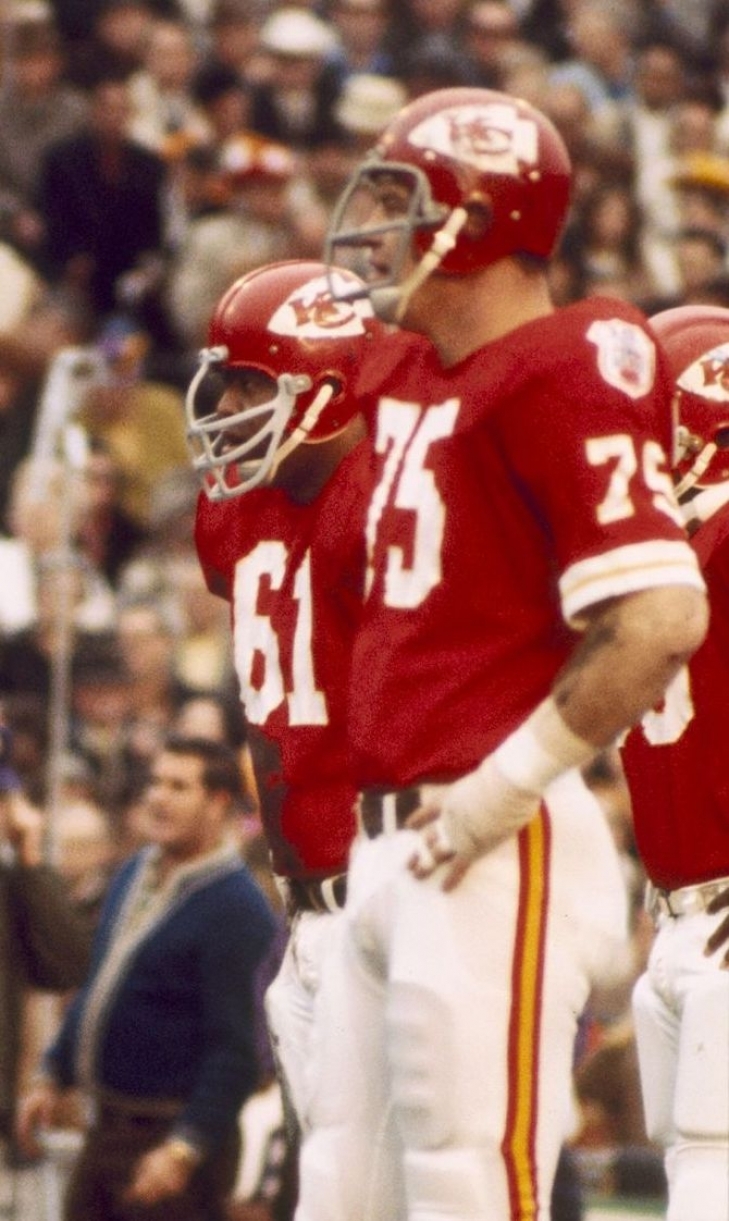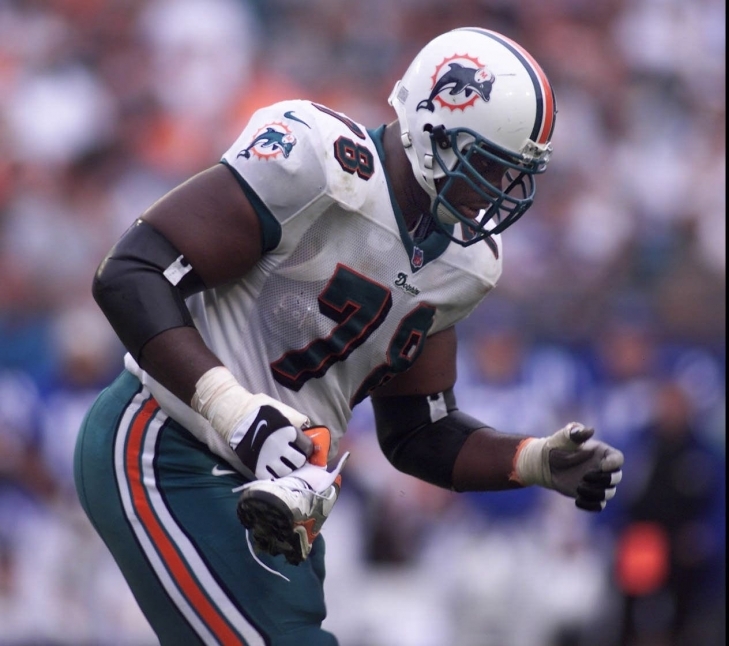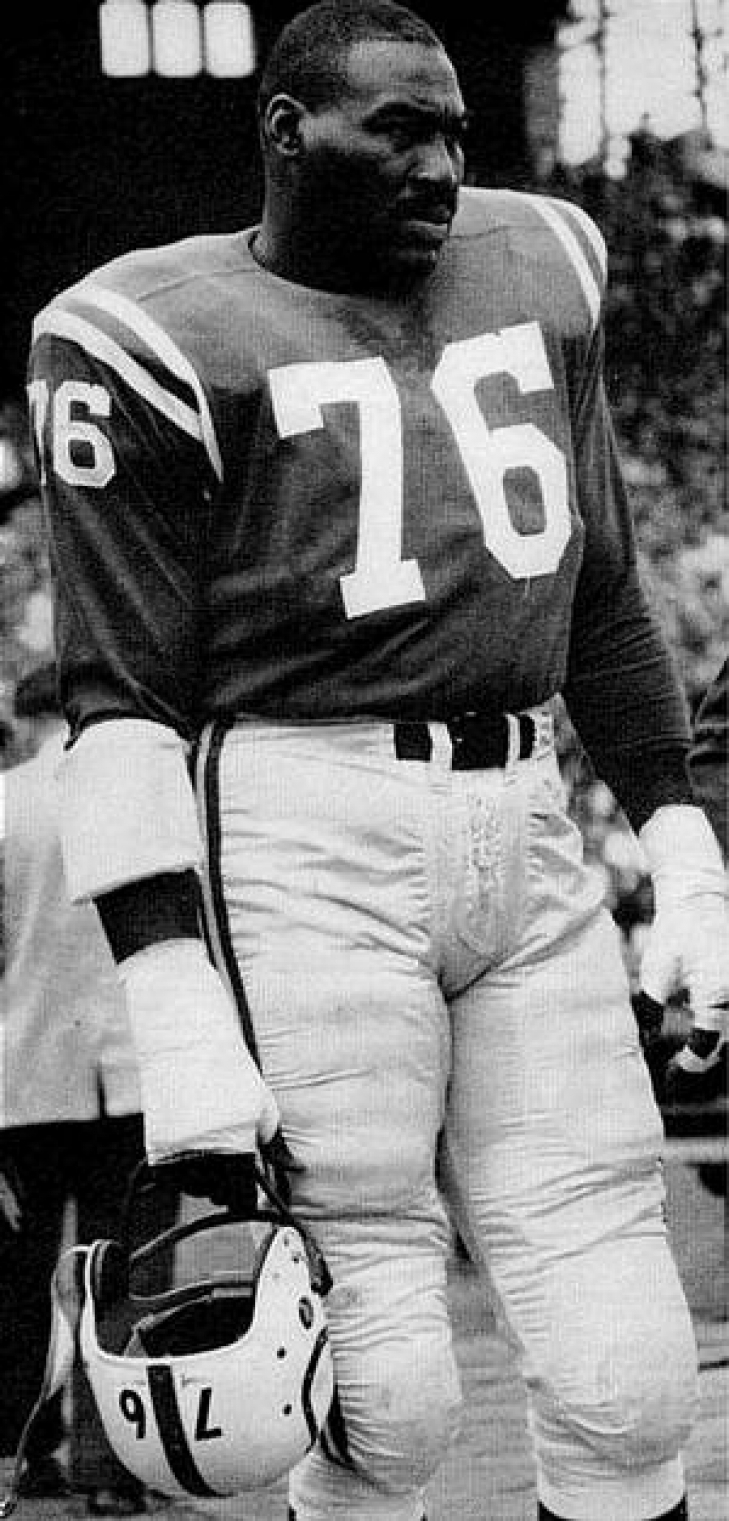Site Admin
22. Verne Lewellen
One of the early stars of the Green Bay Packers, Verne Lewellen, was an all-purpose Back who did it all for Green Bay. The product of Nebraska (the state and the University) would be named to four straight First Team All-Pro squads (1926 to 1929) and was a large part of their three consecutive NFL Championships (1929 to 1931).
54. Jerry Mays
From the football factory of SMU, Jerry Mays elected to stay in his home state with the Dallas Texans, who drafted him in the 5th Round of the 1961 Draft. The Minnesota Vikings of the NFL chose him in the 11th Round.
43. Richmond Webb
Richmond Webb proved his merit immediately as the 9th overall Draft Pick in 1990 as the Left Tackle was a Pro Bowl, All-Rookie Selection, and UPI even went as far as naming him the Rookie of the Year. That year was no flash in the pan as Webb would go on to be named to six more Pro Bowls (all consecutive) and added two First Team and two Second Team All-Pro Selections. The Dolphins Still had Dan Marino, and Webb protected him as well, if not better than anyone that the Quarterback ever had. Let's say Richmond Webb earned more than one pair of Isotoners! Webb played for the Dolphins until he joined the Cincinnati Bengals for his final two years (2001-02). Notably, this is the man who the legendary Bruce Smith called the "best blocker he ever faced" and if that is not high praise we don't know what is!
83. Gene Lipscomb
Gene “Big Daddy” Lipscomb enlisted in the military and played football as USMC Camp Pendleton, so if you think the teams of the NFL lightly recruited him, you would be right!
The 300-pound Lipscomb would, however, sign with the Los Angeles Rams in 1952 and would win the starting Right Defensive Tackle job in 1953 but went on to greater success when he was traded to the Baltimore Colts. "Big Daddy" would help anchor the Colts to the 1958 and 1959 NFL Championships, and not so coincidentally, he was named a First Team All-Pro for his efforts. Lipscomb went to Pittsburgh in 1961 and went to his third Pro Bowl in 1962, but that would be his final year in Pro Football as sadly, his career ended when he died of a heroin overdose in May of 1963.
We can only imagine how much more he would have accomplished had he been focused, clean, and, more importantly, alive, but what he did on the gridiron cannot be overlooked.
